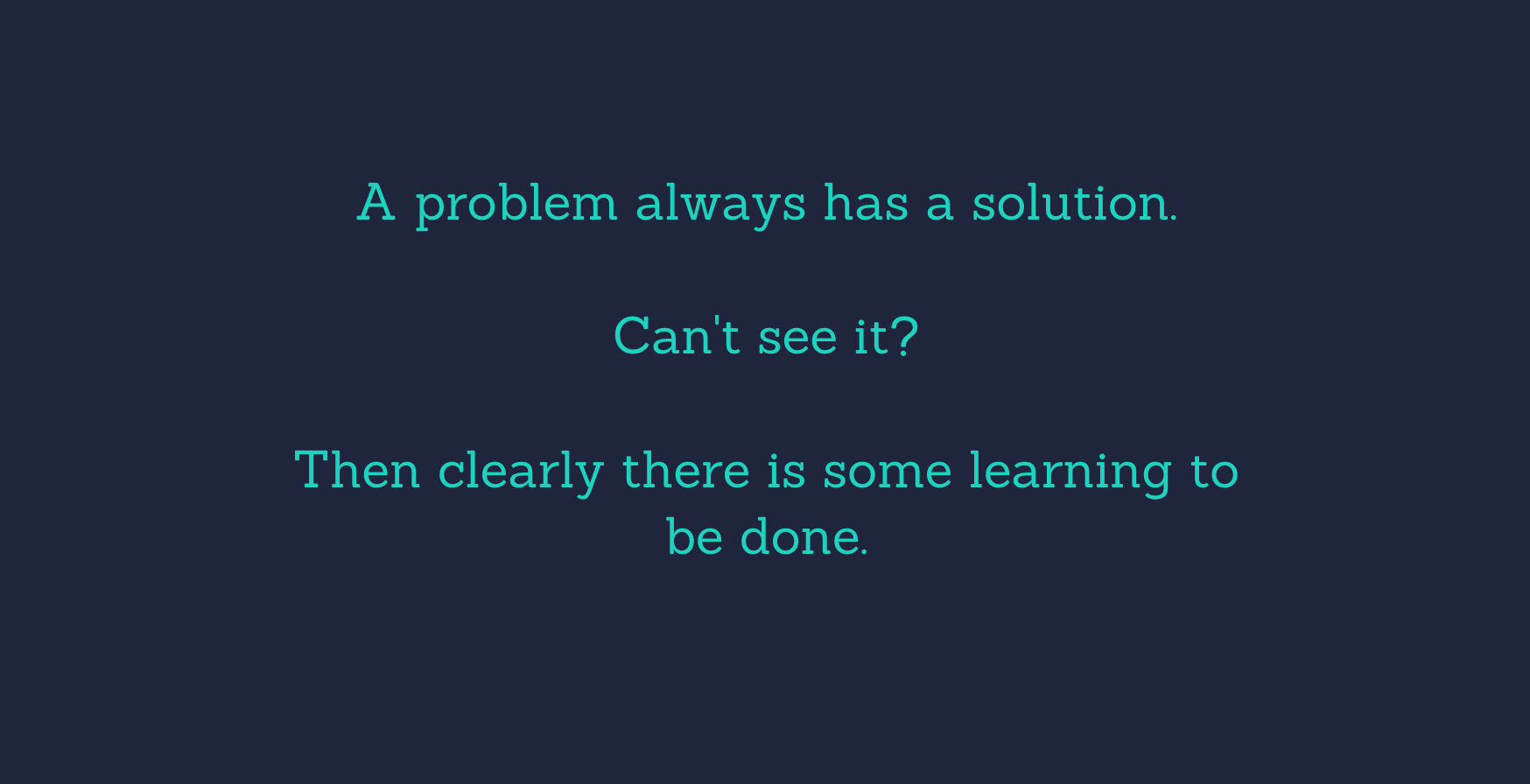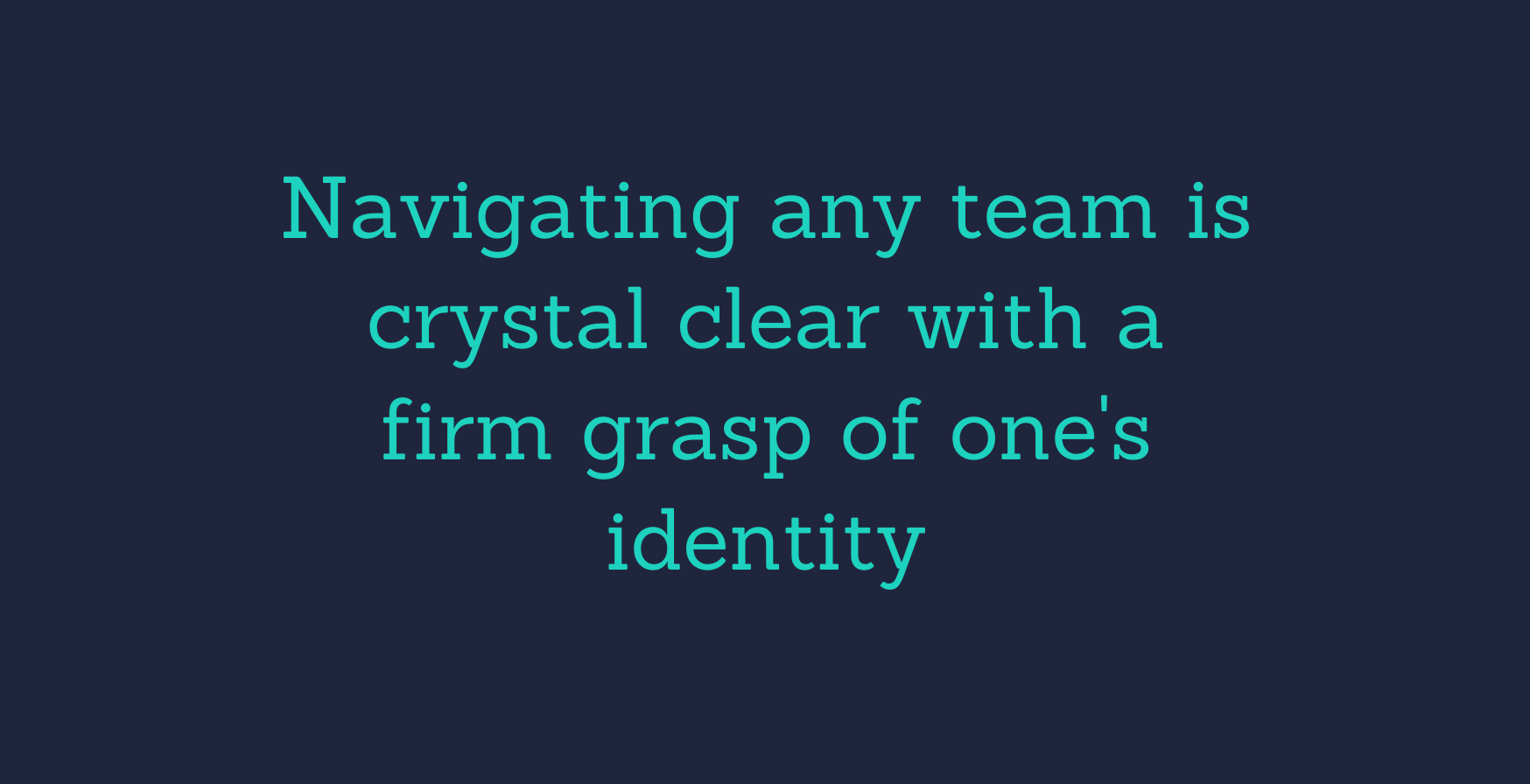How Leadership Demands the Best Version of You

Leadership is more inward than it is outward.
- Empathy - to align
- Growth - to progress
- Discipline - to create space
- Self-Awareness - to navigate
In this article I will walk you through my journey into leadership and how it turned into something more inward than it is outward.
Want growth-driven content at your doorstep? Subscribe to my newsletter!
How I used to lead
I have always been someone who steps up to the challenge when I choose to do so, and in most of my youth, this was the case.
I knew I had to move things forward because no one would take that role.
You can say I was forced into it! (but no ragrets!)

When I was in the academe, the way I lead before was very simple.
- Draft the vision and direction
- Flesh out the tasks
- Delegate the tasks
- Ensure execution
This was a phase in my life where authority was my default source of power. People would do what I asked them to do because I'm in a leadership position.
However, these changes really heavily as I move bigger organizations forward.
How big visions break the old form of leadership
Suddenly leadership goes beyond authority and delegation.
It turns into a totally different beast!
Because if you're moving a team towards a bigger vision, one that is way beyond the bounds of an academic classroom, it basically entails your team surrendering a huge part of their lives in order to move toward this vision.
It means that using authority as your default source of power will no longer work!
Think about it, would you help someone if they tell you this:
Hey, give me 8 hours every single day, 5 days a week of your lifetime because I'm the leader.
Would you? HECK NO!
This is where the authoritative form of leadership fails.
So how does leadership change in this scenario?
It changes in four (4) different ways: Empathy, Growth, Discipline, Self-Awareness.
Empathy
In pursuing big visions and ever-changing directions such as startups, your default source of power isn't authority, it's your empathy.
At the end of the day, every single member of your team desires something and it is your role to determine clearly what it is.
You must take your time to fully know each team member to answer the following question:

It is your role not only to care about your big vision for the company but also to carefully and thoughtfully place your team members in positions where they can also progress toward their personal aspirations.
Empathize with their aspirations and create space for them to move closer.
This builds an environment where your team is willing to work much more of their own free will.
Look inward and cultivate a compassionate habit of empathy.
Growth
I find it interesting that if you're the leader in any organization, you are always the weakest link.

Why?
Any problem that occurs in your organization that is big enough to be visible in your crosshairs, is your fault.
- Underperforming team? There's something you can do.
- Not getting the result you want? There's something you can do.
- Don't see the next strategic move? There's something you can do.
This means that your organization can only step forward as far as your knowledge, skill, and experience allows.
It is vital that you consistently have an inward desire to grow.
A relentless pursuit of self-development, because your organization can only step as far as your capability will allow.
Your team takes part in covering pieces of knowledge, skills, and experience, but the capability to execute solutions beyond your toolbox requires growth
Anything further is forbidden, until you acquire the keys to open the doors.
Discipline
To lead others, you must first lead yourself
A massive fundamental part of leadership is organization. If you are unable to organize your own self, you will be incapable of organizing others.
This is because an organization creates space for leadership and the only way to be organized is to be disciplined.
Think about it, if you are incapable of managing your time well enough to be there for your team, you are unable to lead them toward your vision.
Not only that, the amount of time needed in leadership is not straightforward. It is highly dependent on the size of what needs to get done.
It isn't as clear-cut and as quantifiable as employee work hours.
Sometimes you really just have to get hands-on for a few more hours just to drive your team forward.
It is vital that you are disciplined enough to allocate, manage, execute, and protect your time.
Anecdote: I was leading an engineering team before where a certain team member was lagging behind. For other team members, a single meeting was enough, but for this particular team member I had to put in more time.
I had to be more hands on. I had to be more upclose in order to figure out exactly what's wrong.
Eventually, my time-investment flourished into a newly-born self-driven team member who does more than what is asked.
Now that's powerful!
Be disciplined. Create space.
Self-Awareness

In leading any organization you will find yourself in multiple situations where you interact with different types of people.
In order to understand how you can effectively navigate a person, you must first understand what you are on the inside.
Sure you know how they talk, how they act, how they think, but do you know how you respond?
As a leader it's important to understand every nook and cranny of your being, because it will allow you to remain rational at all times.
If you are aware of how you are as a person, you are aware of how you can be around different stimuli.
This allows your leadership to be more effective because you can adjust your leadership style depending on who you're talking to and how you are as a person.
Conclusion
Leadership is more inward than it is outward.
The better you are with yourself, the better you will be with others.
If you're in a leadership position, don't worry about being perfect. You will always be in a continuous cycle of growth.
Focus less on perfection, and focus more on growing. The solutions will present themselves.
Always remember, work on yourself twice as much as you work on others.



![[SHORTS] Speed of Iteration > Brand](/content/images/size/w600/2024/05/soi.png)
![[SHORTS] On Tech Status Quo: Is this the verifiable optimal solution? Or is this a byproduct of the lack of options and education?](/content/images/size/w600/2024/05/on-tech-status-quo.png)